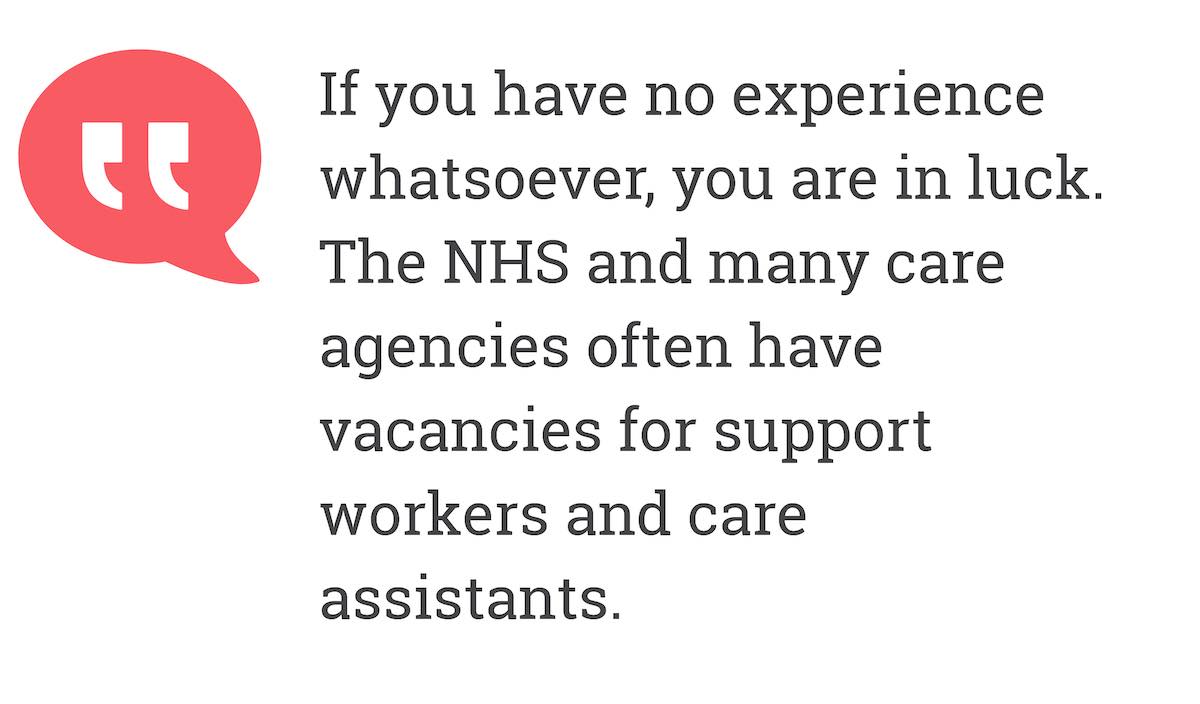- 15 April 2020
- 7 min read
How to get your Nursing Personal Statement into great shape
Subscribe "How exactly, can a personal statement be exciting? It is a personal statement, after all!"
"How exactly, can a personal statement be exciting? It is a personal statement, after all!"Learning Disability Nurse, Lauren Young gives her guide on how to make your nursing personal statement stand out from the crowd, and underlines some common mistakes.
Topics covered in this article
Under-estimating your experience
Introduction
The UCAS personal statement is famed for being a key part of the application process.
Universities do look at your academic achievements, what subjects you studied, grades, and maybe whether they were A-levels, BTEC, diplomas, or Scottish Highers.
However, the main aspect still seems to be the personal statement.
Make sure yours stands out by avoiding these three common mistakes!








About this contributor
RNLD (Learning Disability Nurse)
I am a qualified Learning Disability Nurse and Social Worker. I first worked with children who have learning disabilities whilst studying classical civilisation in Leeds. After seven years of working in care, I realised I wanted to take my passion further and qualify at a professional level. I am passionate about giving the people I work with, as much independence as possible.
More by this contributorWant to get involved in the discussion?
Log In Subscribe to comment